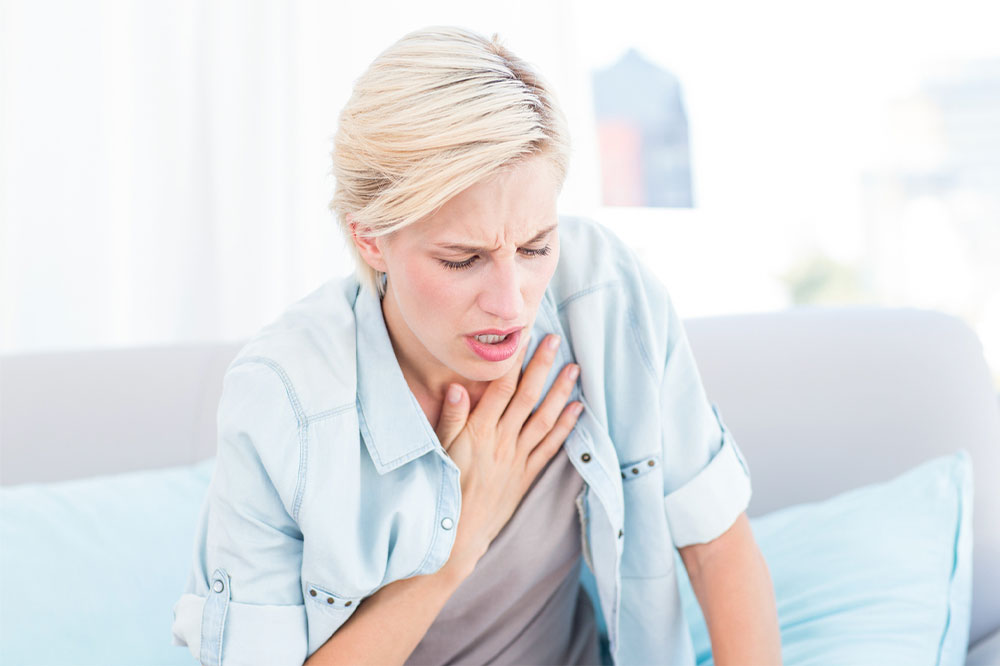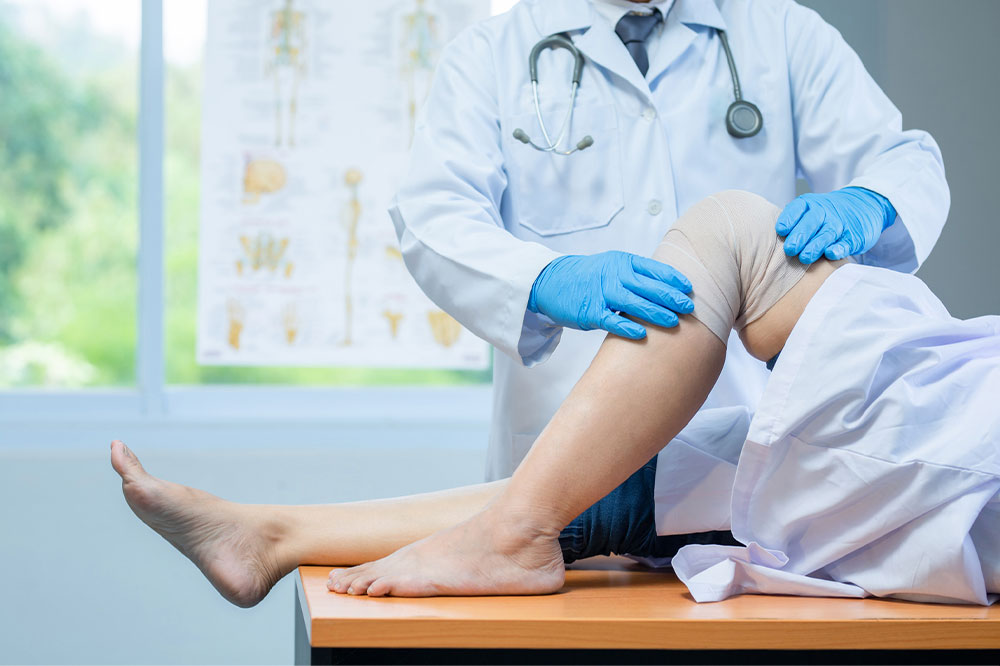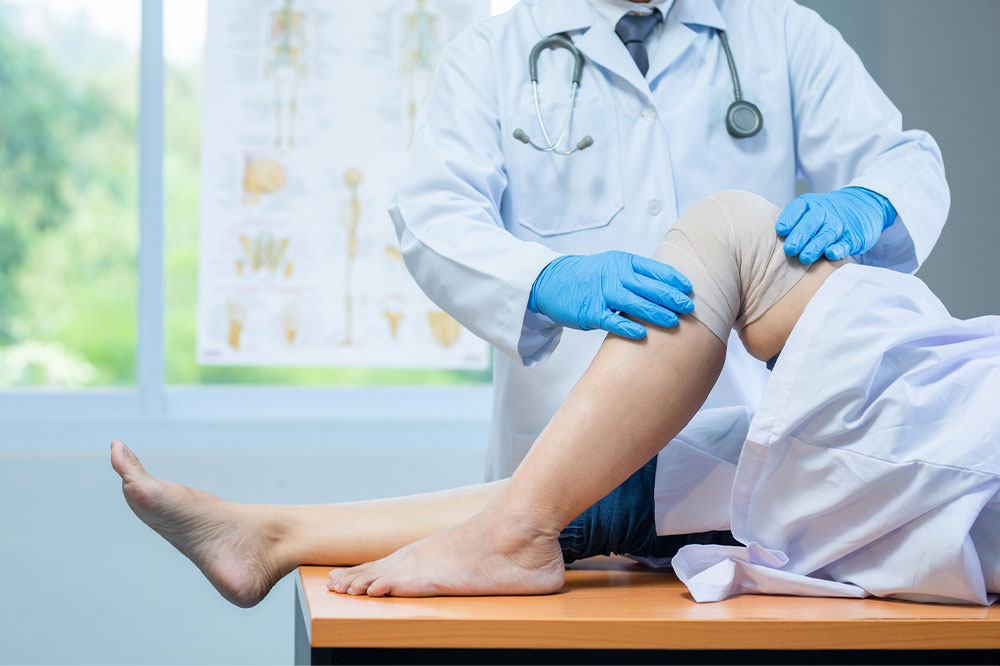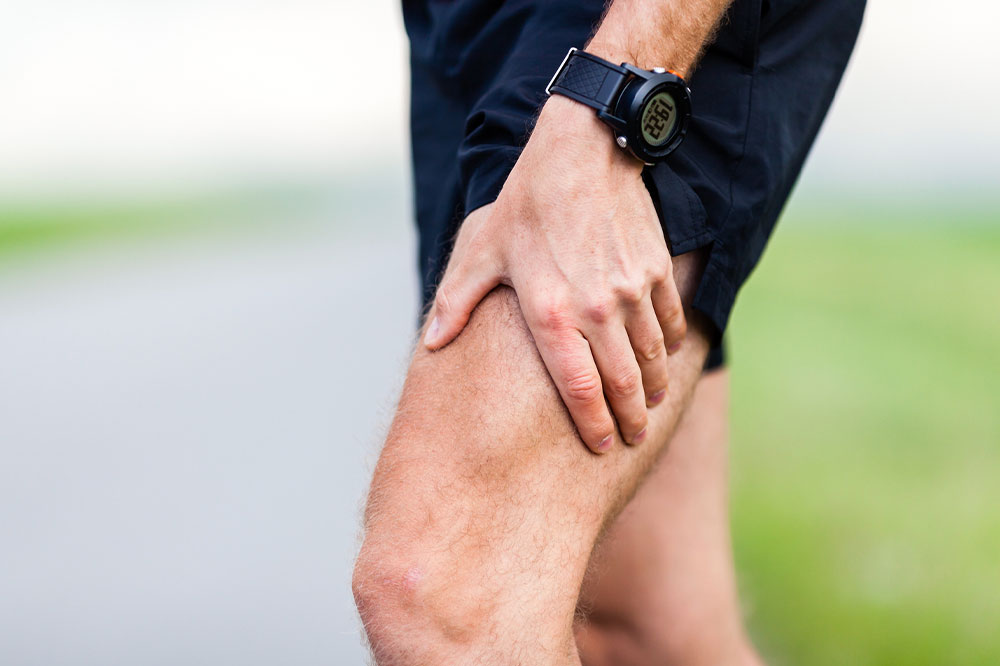Common causes of shortness of breath
Shortness of breath occurs when the lungs are not able to absorb oxygen to support vital organs and functions that rely on fresh air. It is one of the most commonly observed discomforts of known health complications that affect respiration. The intensity of breathlessness varies depending on the underlying cause and severity of the triggers. Here are the most common causes of shortness of breath that can affect young children, men, and women. Existing diseases and disorders Shortness of breath is one of the primary noticeable discomforts triggered by health complications that affect respiration. These could range from a panic attack to pneumonia, and even serious asthma flareups. In addition, seasonal allergies causing inflammation, chronic obstructive pulmonary disease, and even chronic respiratory failure can worsen breathlessness. The severity of the symptom will vary depending on the underlying disease. Pollution Exposure to polluted air can also trigger shortness of breath due to the particulate matter irritating the respiratory tract. Carbon monoxide is one of the more dangerous gases that affects breathing and impairs respiratory function. It’s a common pollutant in the atmosphere released during forest fires, volcanic eruptions, and even lightning strikes. Carbon monoxide is also an industrial pollutant that is released due to burning of fossil fuels for powering vehicles and machinery.
Read More 









